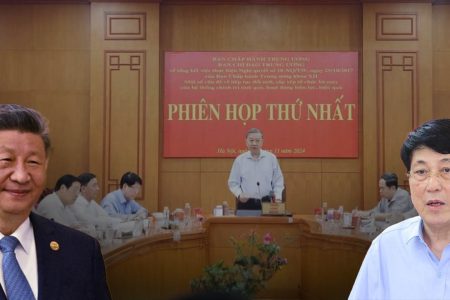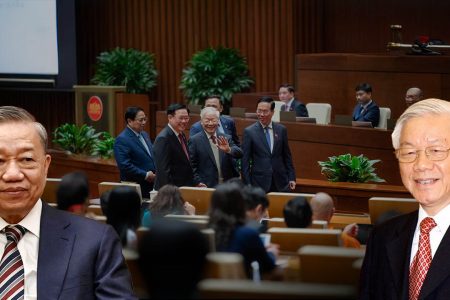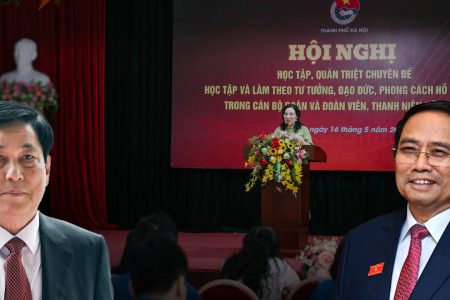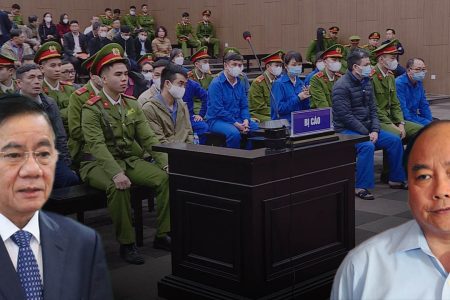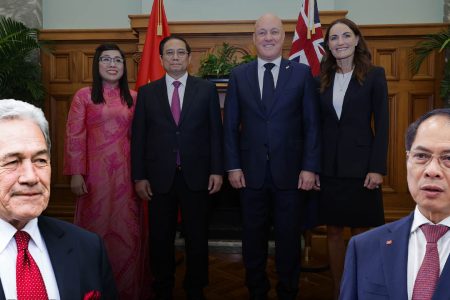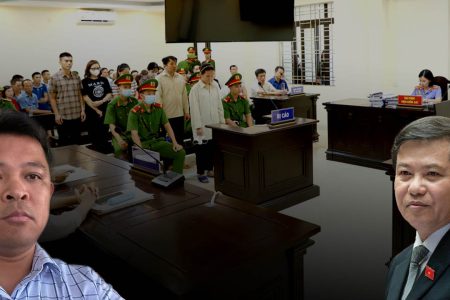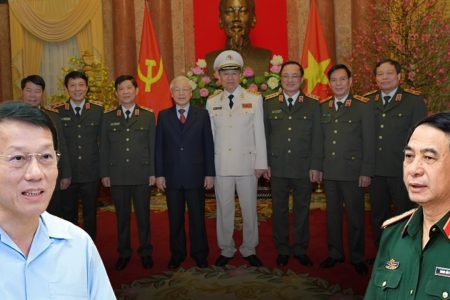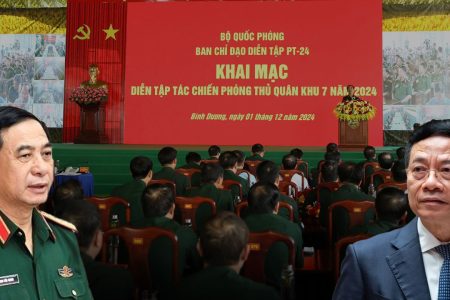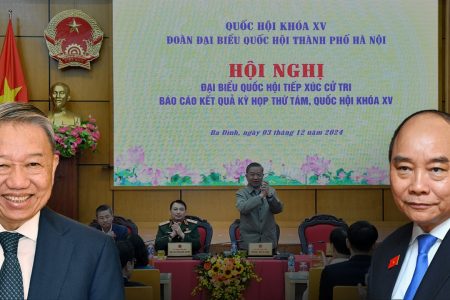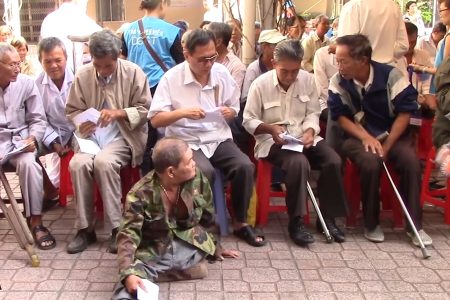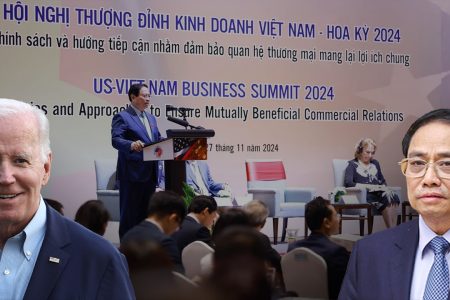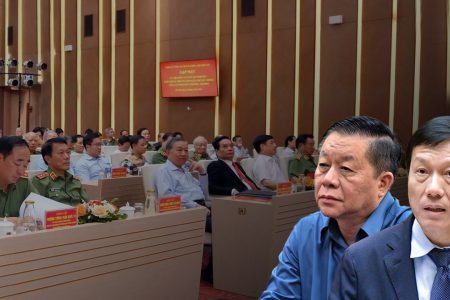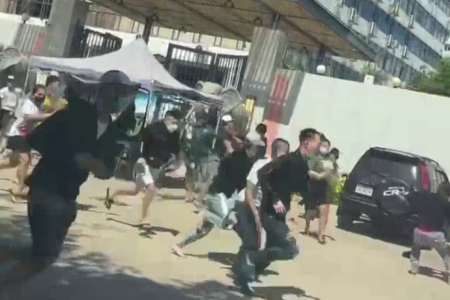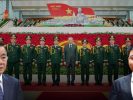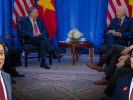
On February 17 every year, Vietnamese people commemorate the Northern Border War in 1979. This year is the 45th anniversary of this war.
On February 17, 1979, China sent troops to attack simultaneously along Vietnam’s northern border, with the purpose – according to their propaganda – to “teach Vietnam a lesson.”
In recent days, on social networks and political forums, a question has emerged that many Vietnamese people wonder: “Why is there a Medal of Resistance against the French and Americans, but no Medal of Resistance war against Chinese invaders?”
Public opinion believes that this is necessary to pay tribute to the heroic Vietnamese soldiers who fell in the war to protect the country. Otherwise, this is unfair to those who participated in fighting and protecting the Northern border as well as the Cambodian battlefield.
Observers say that, since the Chengdu Conference in 1990, after Vietnam and China normalized their relationship, wars against China have not been mentioned again.
The reason is that the two Parties and States of Vietnam and China have committed not to talk about the past, to build friendship in the present and the future.
The Vietnamese government has removed content about the war against Chinese invaders from textbooks. The government does not organize official commemorations, and also prohibits spontaneous commemorations of the people’s war against Chinese invasion.
Observers say that many years ago, Vietnam’s leaders had unified direction from top to bottom, asking the press and media not to mention this “sensitive” issue, to make Chinese neighbors happy.
Professor Carl Thayer of the Australian Defense Force Academy, speaking to Radio Free Asia (RFA), when asked about this silent attitude of the Vietnamese government, said:
“The reality of this war was cut from history books, and from popular commemorations in Vietnam, until 2014. I don’t think it was because Vietnamese leaders wanted to downplay a Vietnam’s relationship period. You can go to a war museum and not see a single display about this war with China.
That, it is a black hole. But of course, for thousands of Vietnamese people who lost loved ones in the war, this war has, is and will forever exist.”
China invaded the Hoang Sa (Paracels) in 1974, and occupied Gac Ma Island in 1988. Currently, China is still putting pressure on Vietnam’s sovereignty over the Truong Sa (Spratlys) every day, every hour. The situation is especially tense in the Vanguard Bank area, where there is a huge oil and gas reserve under Vietnam’s sovereignty.

Yet, the leadership of the Communist Party of Vietnam still considers the leadership of China as good comrades, good brothers, good friends, and places more importance on the interests of the country and people. This shows that the Communist Party of Vietnam values China more than loyalty to the homeland.
More seriously, during the annual commemoration of War Invalids and Martyrs’ Day on July 27, Vietnamese state media only mentions war invalids and martyrs of the two “resistance wars against the French and the Americans” but completely ignore the martyrs and wounded soldiers who shed blood in the war against China. It has caused public opinion to ask: Have the wounded soldiers and martyrs in the war against China been forgotten by the government?
The fact that Vietnam and the United States have upgraded their diplomatic relationship to the level of a comprehensive strategic partnership is the right of the Vietnamese leadership. Why did Chinese President Xi Jinping have to remind General Secretary Nguyen Phu Trong, during Trong’s visit to Beijing, that “we must not let the West interfere in our relationship” ?
It is worth mentioning that Vietnam’s diplomatic relations with other countries must be placed on the foundation of equality, respect for Vietnam’s independence, sovereignty, and territorial integrity. It is impossible to accept manifestations of big power and dominance, as shown by the Chinese leadership.
It is unacceptable to use orders and coercion in dialogue and exchange between Beijing’s leaders and their Vietnamese counterparts, such as: “China demands…; Vietnam must…” etc.
For the majority of Vietnamese people, it is an insult to Vietnam – an independent and sovereign country. The country’s leaders cannot be too humble before China.
Don’t forget, Ly Thuong Kiet affirmed, “On the mountains and rivers of the South, the King of the South resides” or Tran Binh Trong swore “It’s better to be a devil in the South [Vietnam] than to be a king in the North [China].”./.
Tra My – Thoibao.de



